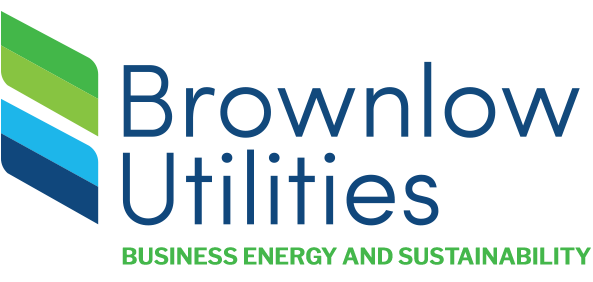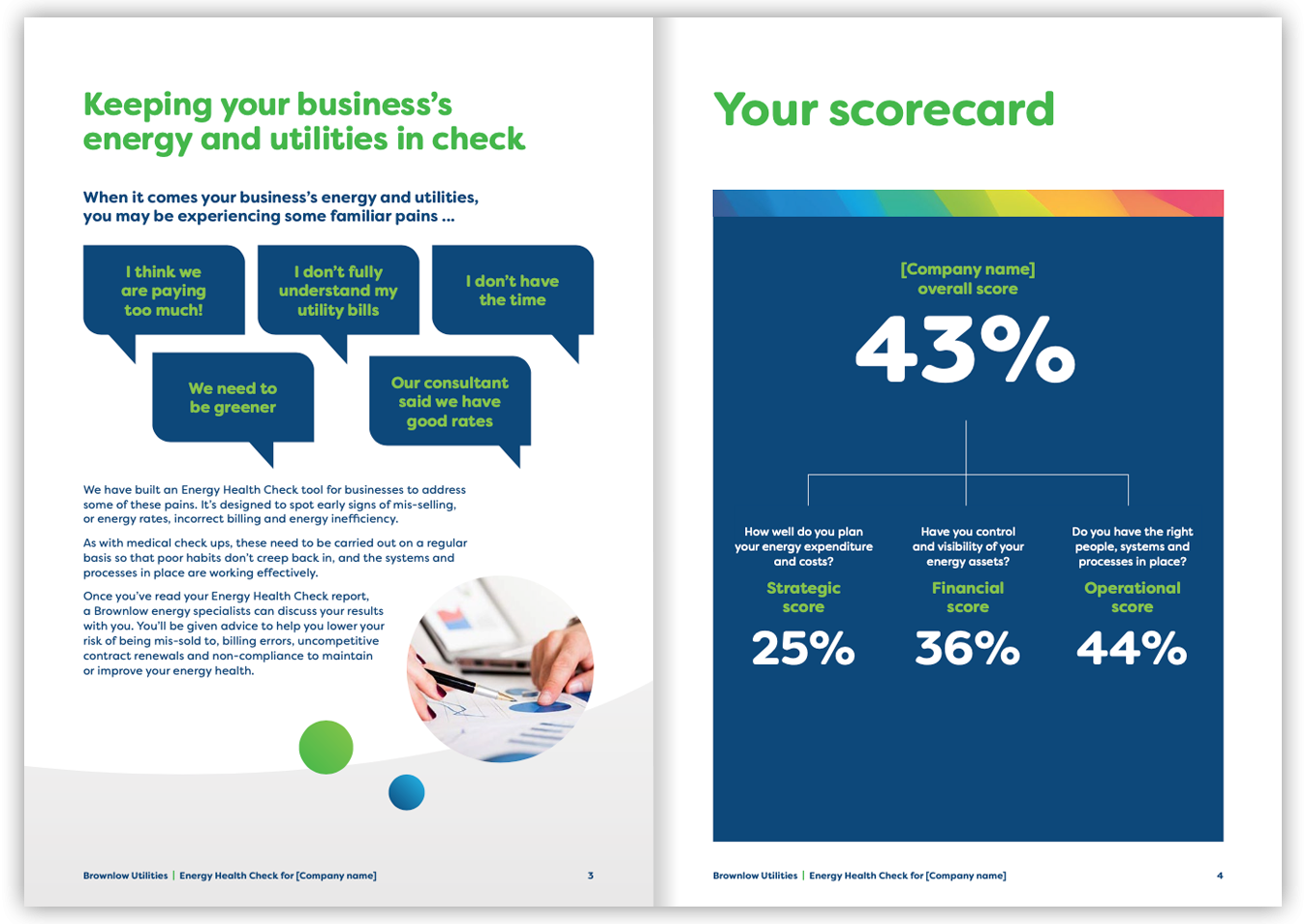ESG: What does it really mean for my business?
Ellie Edwardson
17th June 2024
What does ESG mean?
ESG stands for Environmental, Social, and Governance - criteria which holistically measures a business's sustainability efforts.
Businesses produce ESG reports that highlight all the environmental, social, and governance aspects of their operations. By doing so, they promote accountability and transparency, which are attractive qualities to investors, employees, customers, and the general public.
So is ESG the same as Sustainability?
Although ESG is often called 'sustainability' in business, the terms should not be used interchangeably. Sustainability references ESG criteria but encompasses a broader concept, focusing on the long-term environmental impact and overall well-being of future generations on a global scale.
ESG, on the other hand, is more narrowly focused and is used by investors to assess a business's performance and behaviours in relation to environmental, social, and governance factors.
It helps investors identify companies that are not only financially sound but also responsible in their practices, ensuring that they mitigate risks related to environmental damage, social inequality, and poor governance.
In essence, while sustainability is a broad, holistic concept, ESG provides a specific framework for evaluating a company's sustainable practices from an investment perspective.

"E"= Environmental Responsibility
Environmental responsibility focuses on a business's long-term impact on the environment and what actions can be taken to minimise this. It affects various aspects of the business, ranging from the supply chain to energy usage. Some examples of environmental responsibility include:
- Reducing business energy consumption
- Employing renewable energy sources
- Creating a net-zero strategy
- Reporting and reducing carbon emissions
- Correctly recycling waste

"S"= Social Responsibility
Social responsibility focuses on a business's impact on workplace and societal cultures. It guides businesses in fostering positive workplace conditions for employees and providing equal opportunities for everyone. Some examples of social responsibility include:
- Investing in educational programmes for employees or community members
- Ensuring customer data is protected in line with current consent laws
- Providing health and safety training and promoting well-being for employees
- Promoting diversity and equality inclusion in the workforce

"G"= Governance
Governance focuses on a business's logistics and decision-making processes. It ensures that company leaders are held accountable and that the business remains transparent with its stakeholders. Some examples of corporate governance include:
- Ensuring operational leaders and managers are accountable for any risks
- Conducting all business activities ethically
- Ensuring all corporate reporting is accurate and honest
The benefits of ESG for your business.
Creating ESG reports can be time-consuming, and with constantly changing criteria, many businesses may feel unmotivated to participate. However, adopting an ESG framework can positively impact your business in numerous ways.
Benefits your business can achieve:
- Attracting Investors: Appeal to ESG-focused investors.
- Cost Savings: Reduced energy, waste, and water costs.
- Risk Management: Better handling of environmental and social risks.
- Regulatory Compliance: Preparedness for regulations reduces penalties.
- Attracting Talent: More appealing to job seekers, especially younger generations.
- Employee Satisfaction: Higher engagement and motivation.
- New Markets: Opportunities in sustainable products and services.
- Resilience: Better performance during economic downturns.
- Supply Chain Management: More ethical and stable supply chains.
By incorporating ESG principles, businesses can not only contribute to a more sustainable and equitable world but also enjoy a range of tangible benefits that support long-term success and resilience.
Want to talk to a specialist?
Brownlow's Managing Director, Lee McGhie, boasts over 20 years of expertise in business sustainability. He has shared his extensive knowledge globally, aiding businesses of all sizes across the UK, Europe and Asia Pacific in carbon reduction, energy efficiency, and ESG criteria's. Lee is driving initiatives, services and solutions that will help businesses adopt ESG and sustainability practices and realise value-add opportunities.
Don't miss out on the opportunity to enhance your business's sustainability practices. Contact us today to schedule a consultation!



